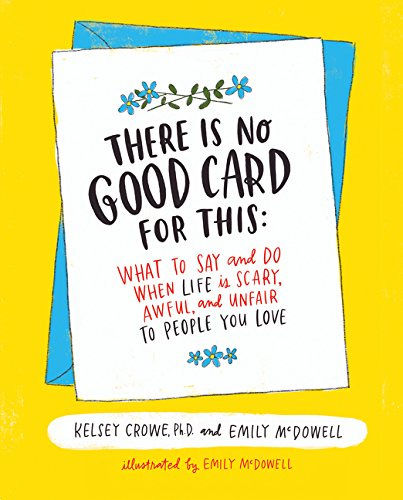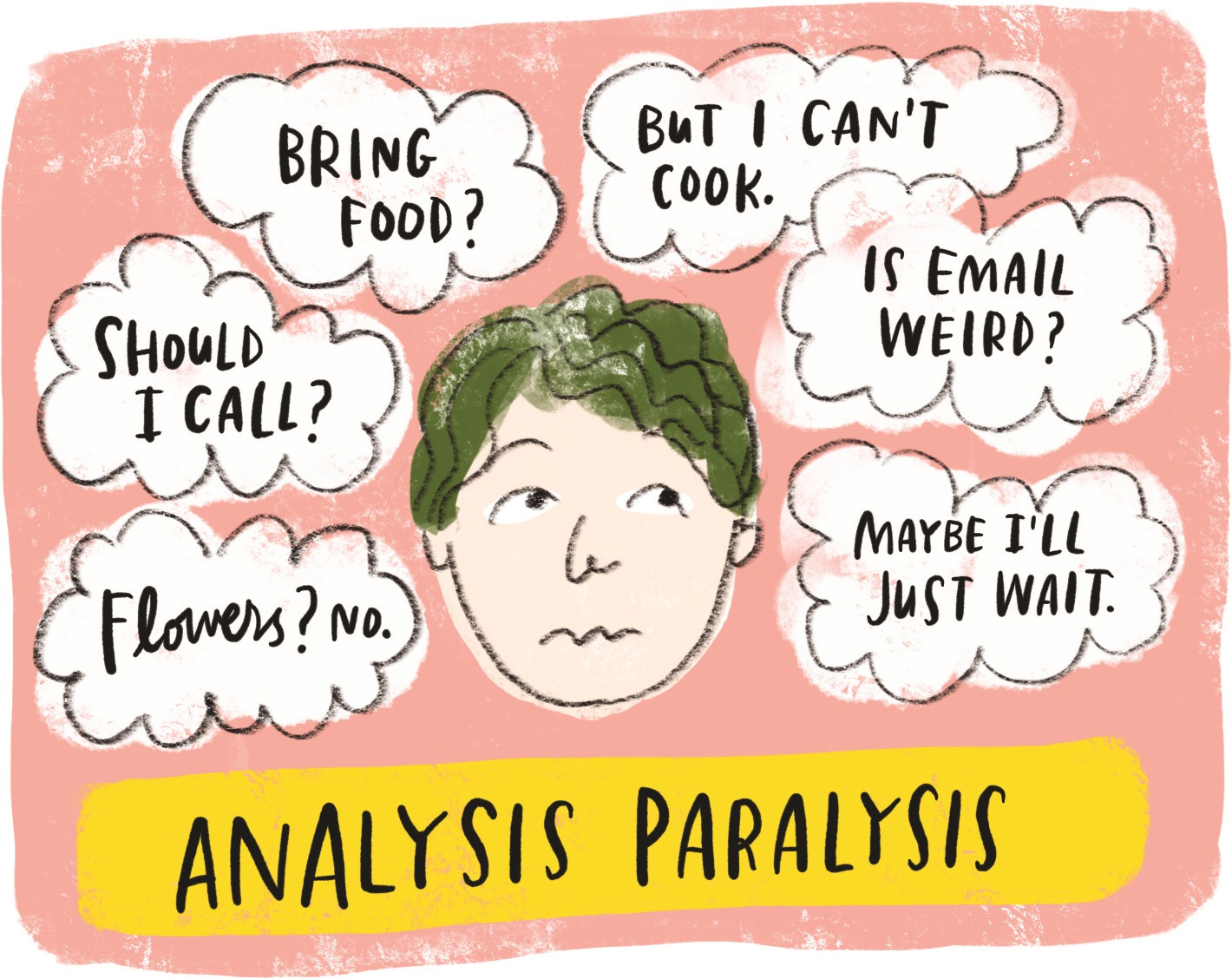I've spent most of the past 3 years thinking and talking about death while raising two kids. My family had front row seats for the deaths of my mom in June 2017 and my dad in August 2019. Lucy, my daughter, was 2 when my mom died and Arlo, my son, was 2 when my dad died; parenting two different 2-year olds through the experience of death showed me there is no standard way for a toddler to process this unfathomable concept. There is no Wonder Weeks app for death-awareness. This is one of the conversations I want to have in 2020 and I’d love for you to join me.
I sent out a newsletter at the beginning of 2019 announcing a new direction for my family (we moved to the beach!) and my business (working with families to plan ahead for end-of-life needs!) and it all felt very exciting. I even had professional photos taken. I was finding my footing and establishing a new direction after my mom's death. It didn't quite pan out that way.
I'm embarking on another year, my plans of working with clients are on hold while I regroup after the unexpected death of my dad this summer. Instead of building my advance planning service, I'm writing and speaking about stuff like how we plan ahead for death in our families and communities, how the deathcare industry is developing and the social and economic impact of the forthcoming deathboom. On a more personal level, I'm thinking about the messages our kids are getting about death and how we're talking (or not talking) to them about it.
I don't quite know what I'm doing with this newsletter, but I know I've done enough thinking and reading and learning about death that it feels greedy not to share. I hope to be spending more of my time in 2020 writing dry material for professional outlets (get at me if you’ve got a lead, I’d love to talk), so it'll be nice to have a place to share the personal side.
As Ram Dass said, “I realize it’s very presumptuous to get up and talk about death, as if I know, but I have a lot of hutzpah.”
This is the part of the newsletter where I’ll recommend books, podcasts, songs, movies, YouTube videos and more resources to help facilitate conversations about death. I am always looking for recommendations, please hit reply to this email to share any that you love (or hate).
READ:
Surprisingly, the book that best helped me understand my own grief was this guide on helping people understand other people’s grief. Early grief was an out-of-body experience and being able to approach it from a safe distance helped me figure out the layers I was nearly suffocating under. I think every adult should have a copy on hand for easy reference.
There is No Good Card for This: What to Say and Do When Awful Things Happen to the People We Love by Emily McDowell and Dr. Kelsey Crowe (2017)



Here’s where I ask you to subscribe:
If you're interested in exploring the intersection of death & daily life -- either because you've been affected by it or because you haven't yet -- I hope you'll stick with me and let me know what you think of this work in progress. I’m using a newsletter format because it seems like the best way to get people to join in on the conversation. You can hit reply to this newsletter and I’ll get your response, we can start a conversation directly.
You can bookmark the online repository of all the articles here: https://dailylifedeath.substack.com/ and you can, of course, sign up to receive it directly in your inbox.
Sharing is caring. If you know someone who would be interested in this conversation, please feel free to forward this message. Talking about death doesn’t have to be a bummer.



